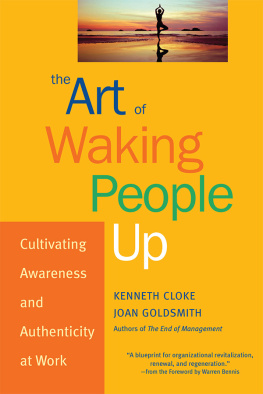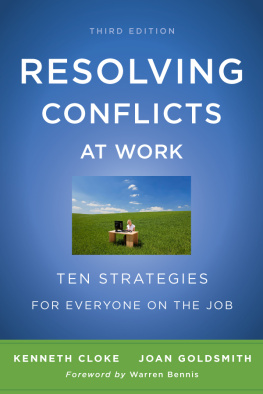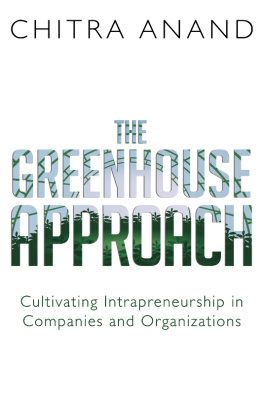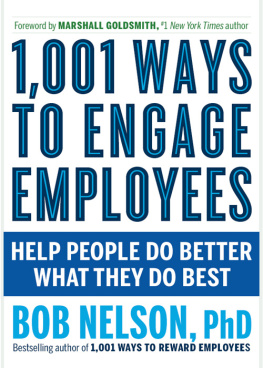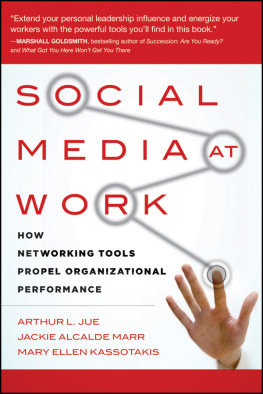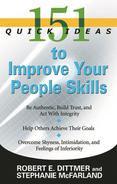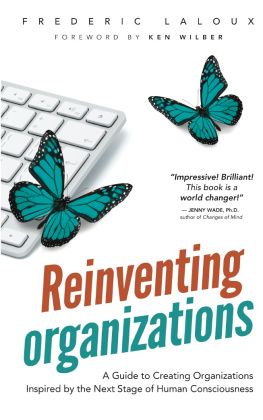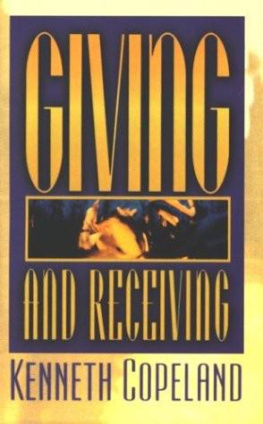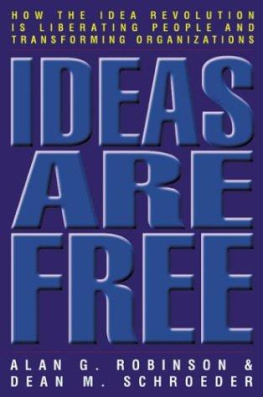

A WARREN BENNIS BOOK
This collection of books is devoted exclusively to new and exemplary contributions to management thought and practice. The books in this series are addressed to thoughtful leaders, executives, and managers of all organizations who are struggling with and committed to responsible change. My hope and goal is to spark new intellectual capital by sharing ideas positioned at an angle to conventional thoughtin short, to publish books that disturb the present in the service of a better future.
BOOKS IN THE WARREN BENNIS SIGNATURE SERIES
| Branden | Self-Esteem at Work |
| Mitroff, Denton | A Spiritual Audit of Corporate America |
| Schein | The Corporate Culture Survival Guide |
| Sample | The Contrarians Guide to Leadership |
| Lawrence, Nohria | Driven |
| Cloke, Goldsmith | The End of Management and the Rise of Organizational Democracy |
| Glen | Leading Geeks |
| Cloke, Goldsmith | The Art of Waking People Up |
Kenneth Cloke
Joan Goldsmith
The Art of Waking People Up
Cultivating Awareness and Authenticity at Work

Copyright 2003 by John Wiley & Sons, Inc. All rights reserved.
Published by Jossey-Bass
A Wiley Imprint
989 Market Street, San Francisco, CA 94103-1741 www.josseybass.com
No part of this publication may be reproduced, stored in a retrieval system, or transmitted in any form or by any means, electronic, mechanical, photocopying, recording, scanning, or otherwise, except as permitted under Section 107 or 108 of the 1976 United States Copyright Act, without either the prior written permission of the Publisher, or authorization through payment of the appropriate per-copy fee to the Copyright Clearance Center, Inc., 222 Rosewood Drive, Danvers, MA 01923, 978-750-8400, fax 978-750-4470, or on the web at .
Jossey-Bass books and products are available through most bookstores. To contact Jossey-Bass directly call our Customer Care Department within the U.S. at 800-956-7739 or outside the U.S. at 317-572-3986, or fax to 317-572-4002.
Jossey-Bass also publishes its books in a variety of electronic formats. Some content that appears in print may not be available in electronic books.
Credits appear on page 305
Library of Congress Cataloging-in-Publication Data
Cloke, Ken, date.
The art of waking people up : cultivating awareness and authenticity at work / by Kenneth Cloke and Joan Goldsmith.
p. cm.
A Warren Bennis book.
Includes index.
ISBN 0-7879-6380-1 (alk. paper)
1. Mentoring in business. 2. Incentives in industry. 3. Organizational behavior.
I. Goldsmith, Joan. II. Title.
HF5385 .C54 2003
658.3'124dc21
2002015466
FIRST EDITION
HB Printing 10 9 8 7 6 5 4 3 2 1
BOOKS BY KENNETH CLOKE AND JOAN GOLDSMITH
Thank God Its Monday: 14 Values We Need to Humanize the Way We Work, Irwin/McGraw Hill, l997
Resolving Conflict at Work: A Complete Guide for Everyone on the Job, Jossey-Bass/Wiley, 2000
Resolving Personal and Organizational Conflicts: Stories of Transformation and Forgiveness, Jossey-Bass/Wiley, 2000
The End of Management and the Rise of Organizational Democracy, Jossey-Bass/Wiley, January 2002
BOOKS BY WARREN BENNIS AND JOAN GOLDSMITH
Learning to Lead: A Workbook on Becoming a Leader, Addison Wesley, 1997
BOOKS BY KENNETH CLOKE
Mediating Dangerously: The Frontiers of Conflict Resolution, Jossey-Bass/Wiley, 2001
Mediation, Revenge and the Magic of Forgiveness, Center for Dispute Resolution, Santa Monica, California, 1996
To our mothers, Shirley and Miriam, who encouraged us to wake up, be authentic, and express our values through our work.
Foreword
About twenty years ago I wrote an article titled, with the poignance of a flower child, Where Have All the Leaders Gone? What I wonder about today is, Where will the leaders come from? Not too long ago, I did some pro bono consulting for an outstanding research center with a gazillion Nobel laureates on staff. Over the past few years theyve had a lot of difficulty attracting and then holding on to leadership. The problem seemed simple yet intractable. Anybody who was good enough to pass the rigorous scientific criteria of the search committee didnt want the job. They wanted to do science. Having served on dozens of search committees for academic deans and presidents, I know the same problem presents itself in many other forums. There is a genuine dearth of people who are accomplished in their disciplines and want to take on leadership and are competent at it. So every other year the aforementioned research institute, after a long, drawn-out process, hired some reluctant soul who, after a year or so, found out he really wanted to go back to his lab, and the search started all over again. Ad nauseam.
Recruiting and sustaining the most talented people possible is the first task of anyone who hopes to create a successful organization and deliver on its promise. The people who can achieve something truly unprecedented have more than enormous talent and intelligence. They have original minds. They see things differently. They can spot the gaps in what we know. They have a knack for discovering interesting, important problems as well as skill in solving them. They want to do the next thing, not the last one. They see connections. Often they have specialized skills, combined with broad interests and multiple frames of reference. They tend to be deep generalists, not narrow specialists. They are not so immersed in one discipline that they cant see solutions in another. They are problem solvers before they are managers. They can no more stop looking for new relationships and better ways of doing things than they can stop breathing. They have the tenacity that is so important in accomplishing anything of value. And they are aware of what they are doing and bring an authenticity to the process.
Now whats interesting about all this is that more and more of our workers are, to use Peter Druckers thirty-eight-year-old phrase, knowledge workers. And today I should add that more and more are investor workers, bringing their own profitable ideas into their companies. But where will leaders come from to run these new organizations, lead this emerging workforce, and deliver a viable new economy? What about the social contract between employers and employees, that hallowed implicit contract that usually offered some form of loyalty and responsibility to both parties? Roughly 25 percent of the U.S. workforce has been dumped since 1985 and even at present, when the unemployment rate is low, about 6 percent, you can figure on a half to three-quarters of a million employees in flux every year.
An interesting bit of data is that in 1998, about 750,000 workers were laid off or quit or retired, and of those, 92 percent found jobs that either paid more or were equal to what they had been getting. A recent survey reported in the Wall Street Journal revealed that four out of ten employees were less than three years in their job, only a third of the workforce works in an old-fashioned nine to five job, and the quit rate this year is 14.5 percent. Ten years ago it was about 3 percent. I figure that the chum of the workforce at any given time is between 20 and 25 percent; that is, the number of workers who are temporarily out of work or looking for new opportunities is roughly that figure. So what about the social contract, which in our Temporary Society, in our Free Agency Society, seems to be: Were not interested in employing you for a lifetime.... Thats not the way were thinking about this. Its a good opportunity for both of us that is probably finite? Is it all going to be many finite trips?
Next page
